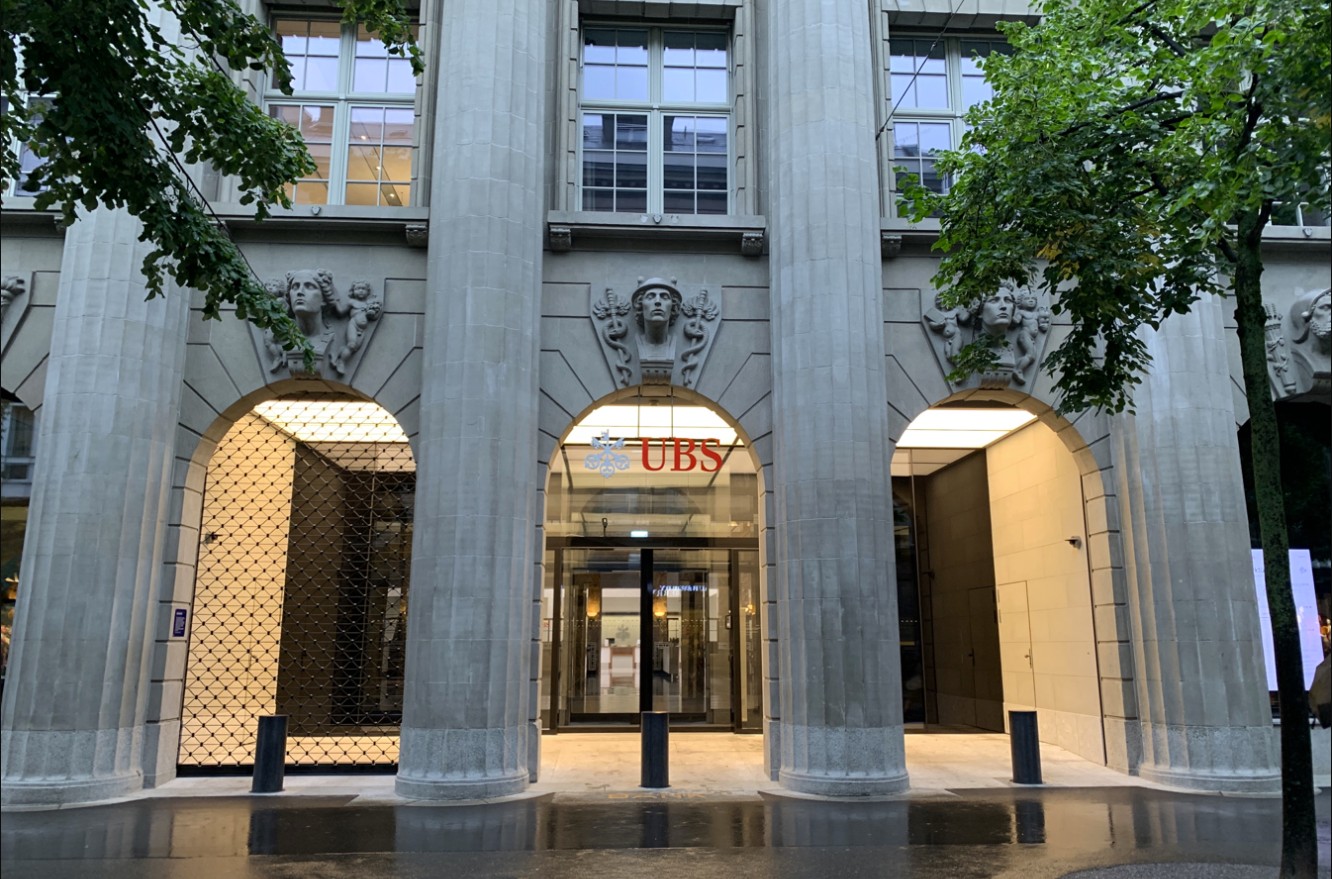
Learning & Development in 2025

Prasad Gollakota
20 years: Capital markets & banking
Technology has and will continue to revolutionise our world and daily lives.

Take the basic case of grocery shopping. At one time, we were all accustomed to perusing every aisle of a giant supermarket once a week, filling up a large four-wheel trolley with enough groceries to last us till the same time the following week. We accepted long queues at the checkout, or scrounging for paper-based supermarket coupons in an effort to save pennies on the pound, and even using hundreds of coins collected in our piggy bank as a means of payment. We also enjoyed hoarding plastic bags as if it were a form of currency, and put up with trolley wheels which had a mind of their own.
Now, we are in an age where we can shop for what we want, when we want - call this ‘just in time’ - avoid paying in cash, supermarket aisles, trolleys, queues and plastic bags and continue to believe that a coupon is something paid in respect of a bond. We are spoilt for choice, and our grocery consumption decisions are more personal than ever. All of this choice was brought about by the advent of technology.
This technological revolution has taken place in many other areas of our daily lives also, for example, online entertainment and, most obviously, how we communicate with each other. There are some areas, however, which have been very slow to adapt. One such area is education, and Learning and Development (L&D).
As with the other examples noted above, L&D will also be inevitably transformed into a state where we will be talking about the dated past as one when individuals spent days on end in training rooms, where the trainer presented a series of PowerPoint slides, interlaced with the occasional joke. Sadly, most attendees will miss such occasional humour as they are distracted by the multitude of emails and messages on their smartphones (yes, this is post the invention of the smartphone!), and some others are waiting to catch their breath having rushed to the course to be on time, carrying a volume of paper materials, which took hours to print. People will also come to realise that the cost of this ‘physical privilege’ was unreasonably and unnecessarily exorbitant. L&D should be easily accessible by all.
So, what will the future of L&D look like? And when we say future we don’t mean 2050, beyond our professional existence, rather what will be the shape of L&D in the next few years?
In simple terms, the hallmarks of L&D will enable it to be:
- Just in Time;
- Consumed any time, any place, in both virtual and physical spaces;
- Personalised, learner-centered, and non-linear;
- Based on the real-world;
- Lifelong.
At its heart, L&D will accommodate all learning styles, be on-demand, comprehensive, convenient, engaging, cost-effective and have tangible outcomes for both the individual and the organisation. Employees will be continuously seeking self-development, and there will be a switch between pushing employees to learn, to creating a pull to encourage self-driven learning. As a result, the medium through which employees learn will be personalised to them as an individual, so that they can make learning and working a lifelong pursuit.
This might seem utopian; however, there is little difference between this utopia and that which was achieved in telecommunications, retail shopping, video entertainment and so on. So, it's better to think of the past as outdated, and the future as welcome, timely and realistic.
The reasons why L&D is undergoing a generational transformation is simple, and essentially the confluence of two things. First, the education of today’s workforce was designed to meet the needs of a very different economy, workplace and way of life. The outdated L&D of the past resulted in a significant gap between the L&D that individuals did or had available, and what they required to survive and succeed in their workplace. This gap has been growing wider and deeper with time, and today’s employers also need to take some responsibility for ensuring their workforce remains relevant and up to date. Therefore, it is now more than ever in the best interest of all employers to facilitate the needs of their workforce, to enhance their essential skills and knowledge.
Secondly, the technology exists to enable such change.
Finally, history has taught us that early adopters of technology gain a disproportionate advantage, such as better business outcomes, including increased revenue growth and market position.
Still need convincing?
Follow us in this series of blogs on the L&D revolution, and in the following posts, we will deep dive into each of the hallmarks of the future of L&D, and reinforce why change is here.


Prasad Gollakota
Share "Learning & Development in 2025" on
Latest Insights

UBS and Switzerland: Capital hikes are not the right tool for the job
15th October 2025 • Prasad Gollakota

Trade deals & trade wars: The regional impact
23rd May 2025 • Adrian Pabst and Eliza da Silva Gomes

Unpacking the truth behind U.S. Treasury market volatility
17th April 2025 • Prasad Gollakota




























